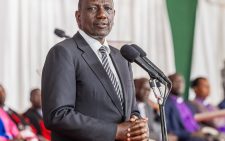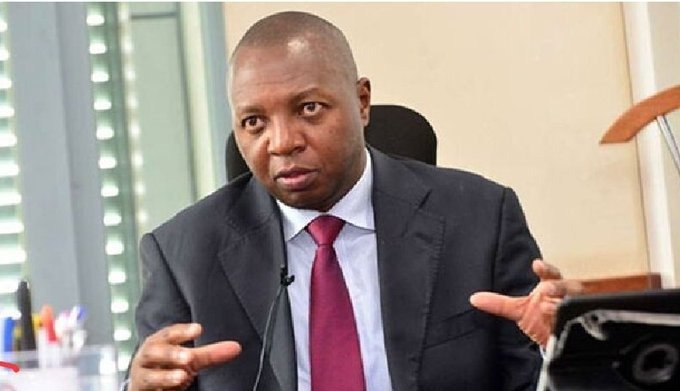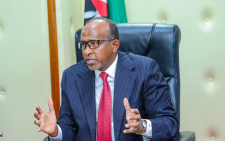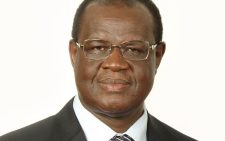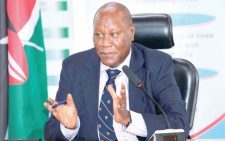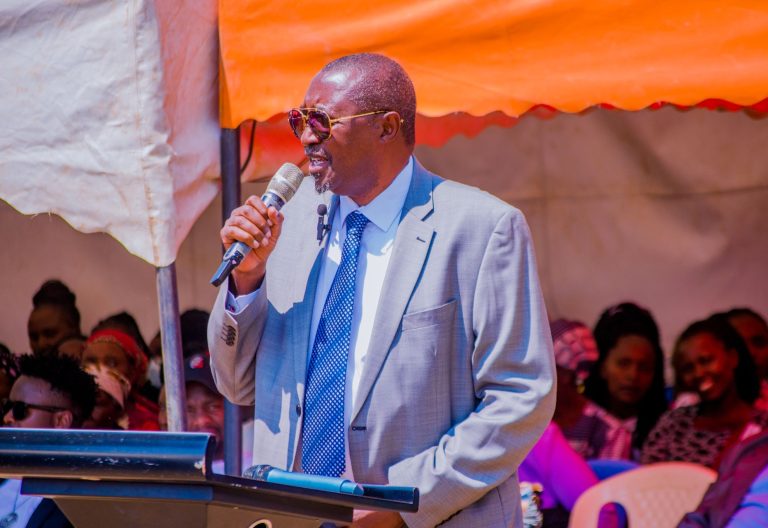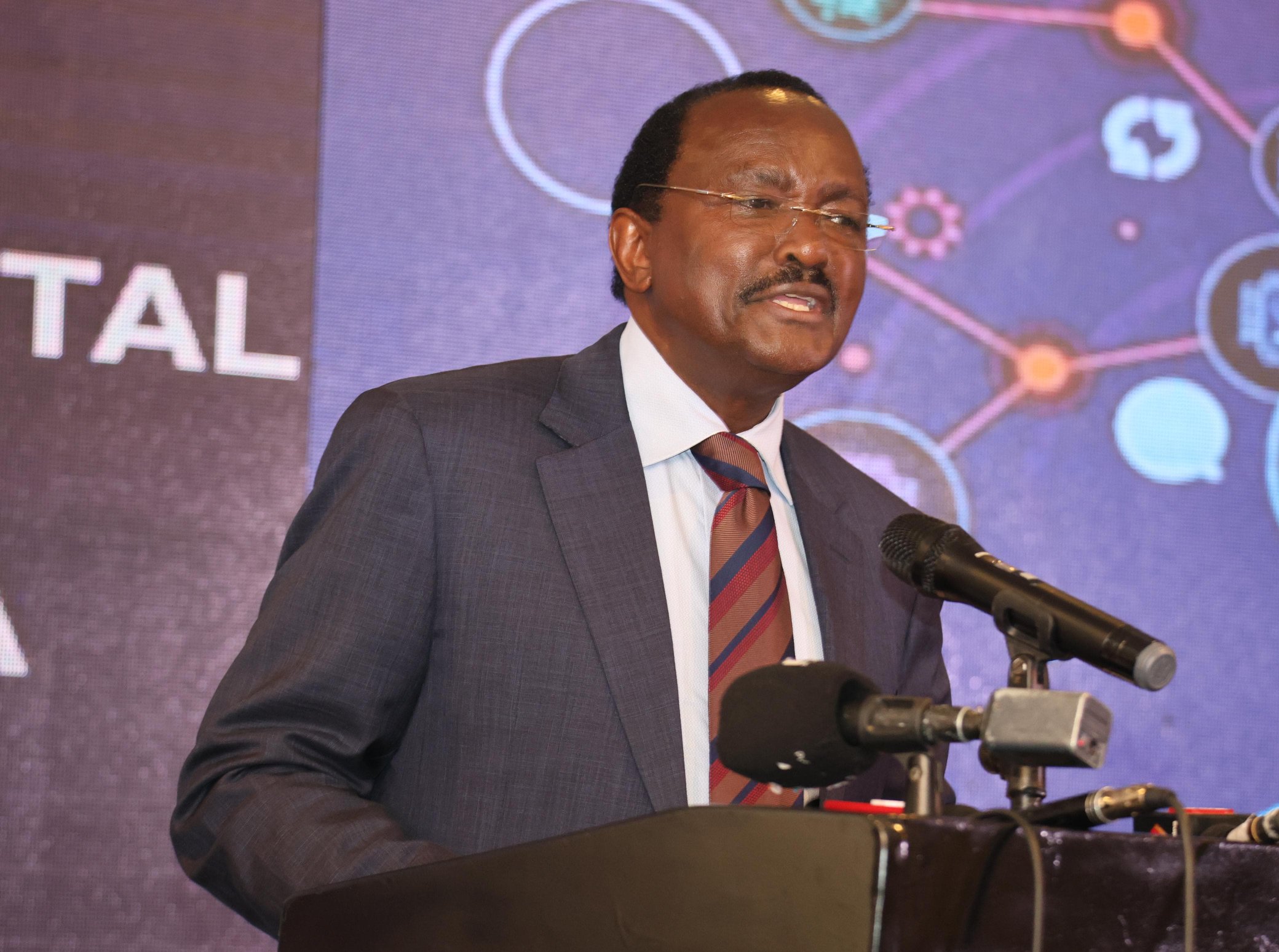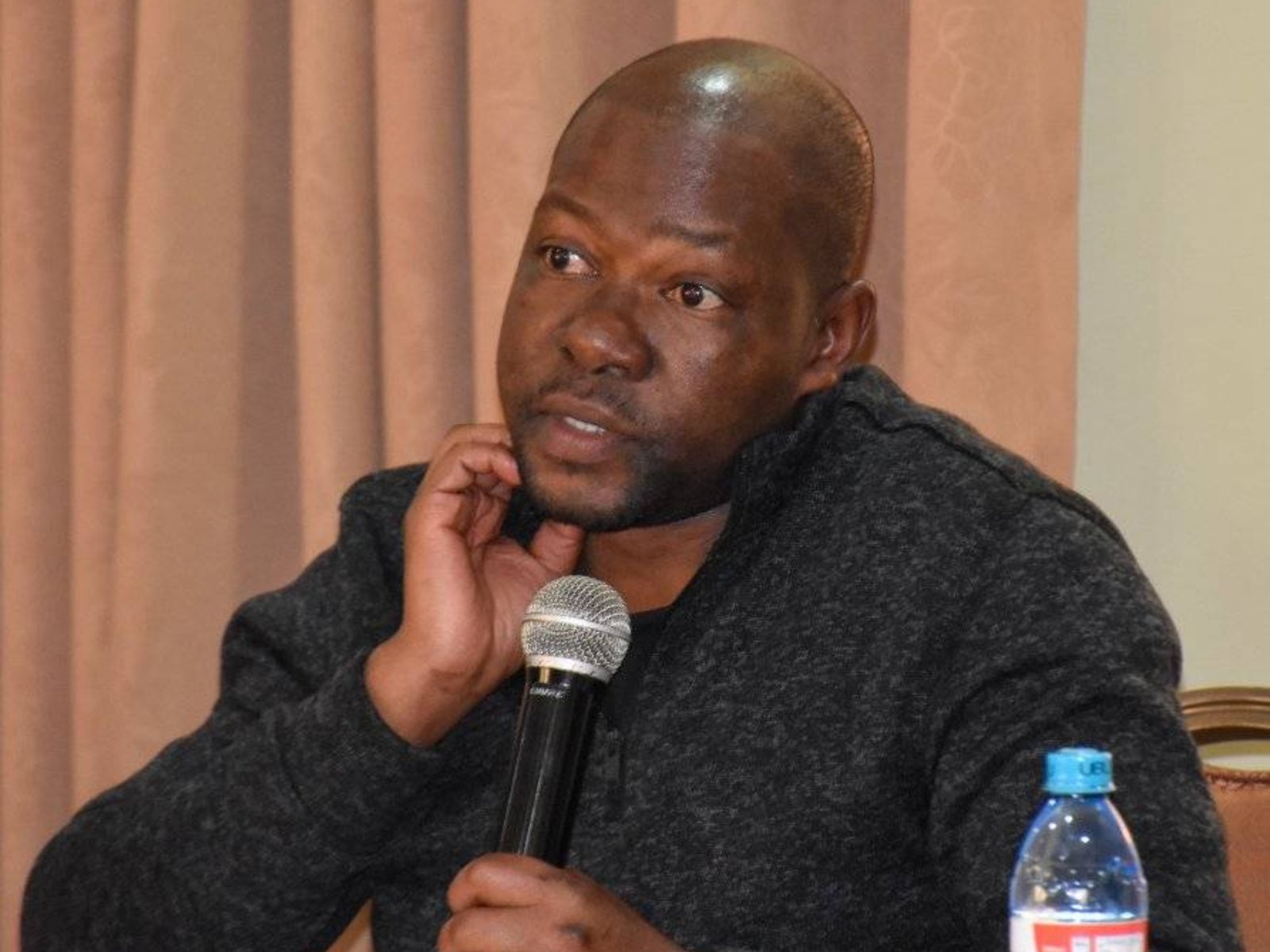16 presidential aspirants beat IEBC deadline
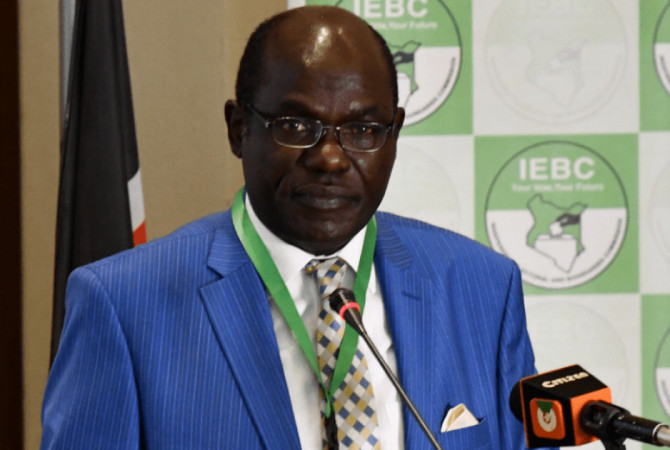
At least 16 presidential aspirants beat yesterday’s deadline for submitting signatures and copies of identity cards for clearance by the electoral commission.
Ten of them are sponsored by political parties while six submitted their documents as independents.
That means more than 30 hopefuls were unable to fulfill the stringent requirements. The large number of those who had expressed interest in the seat had raised questions about how the ballot paper for the presidential election would look like. That bridge appears to have been crossed now.
The Independent Electoral and Boundaries Commission (IEBC) had asked the contenders to submit at least 48,000 signatures supported by photocopies of the identity cards of the signatories. They were to submit the documents by 5pm yesterday to pave way for the verification that is expected to start on Sunday.
By the 5pm deadline, six aspirants from fringe political parties were nowhere to be seen at the Bomas of Kenya where electoral officials had been waiting to receive the documents. IEBC chairman Wafula Chebukati said that those who were on the queue by that time would be processed.
As a result, they were automatically locked out of the August 9th presidential election.
Some of the aspirants who missed the deadline said they found complying with the requirements expensive, highlighting the hidden cost of vying for President.
Among the independent aspirants who failed to beat yesterday’s deadline were Reuben Kigame, Dorothy Kemunto, Grita Muthoni and Faith Wairimu.
Yesterday’s developments mean that up to 34 aspirants who had sought to run for the presidency as independent candidates will be locked out of the race after failing to meet the requirements set by IEBC.
The electoral agency now has five days to scrutinise the documents it received to ascertain if the 16 aspirants submitted authentic signatures and copies of IDs. That process could knock off a few more hopefuls.
Limit rights
Article 137 of the Constitution states that a person qualifies for nomination as a presidential candidate if the person is a citizen by birth, is qualified to stand for election as a member of Parliament, is nominated by a political party, or is an independent candidate and is nominated by not fewer than 2,000 voters in at least 24 counties.
“Ours is to ensure our process meets the fairness and reasonability test as provided for under Article 24 of the Constitution so as not to unlawfully and unjustifiably restrict or limit the rights of candidates to exercise their political rights,” said Chebukati.
He explained that whereas one person can support various candidates, signatures cannot be copied for each candidate in the same order.
“This raises doubt as to authenticity of the list. Any requirement that voters may only sign in support of one candidate or party can give rise to abuse of the registration process. A certain number of signatures must be provided in at least a majority of the 47 counties. Geographic regions where signatures are obtained must also be carefully reviewed,” said Chebukati.
Chapter Six
The commission will during the verification process undertake a comparison of the ID card numbers and endorsers’ names to ensure they match with the ID photocopies. The signatures will also be compared with those on the photocopies of the submitted IDs.
“Where there is a shortfall of signatures in numbers or reduction owing to dismissal of certain supporters, the commission shall provide for a reasonable timeframe for a top-up to be done and for the subsequent verification of the signatures,” Chebukati said.
If by the deadline for registration, the signatures are still inadequate the affected candidate will be disqualified.
Once qualified candidates are cleared, the commission will then submit their names to institutions responsible for matters related to Chapter Six of the Constitution on Leadership and Integrity. These institutions include the Ethics and Anti-Corruption Commission (EACC) and Office of the Director of Public Prosecution (ODPP). They will be required to establish candidates’ suitability on moral and ethical requirements.
Azimio-One Kenya submitted between 2,500 and 3,000 per county from each of the 47 counties while UDA submitted the required 2,000 signatures from 26 counties. Wiper party presented at least 2,000 signatures each from 24 counties. Justice and Freedom Party submitted signatures from 36 counties while Ford Asili provided from 27.
Ford Asili presidential running mate Michael Arunga told People Daily that although they managed to submit the documents, the drive to collect them was not easy and that the cost implication was huge.
“The demand by IEBC was very stringent and not realistic. Many of the voters were not willing to sign for us. What helped us is that Ford Asili is an old party and has some networks,” said Arunga.
He said the cost implication was huge given that they spent at least Sh10 to produce a copy of an ID, excluding the cost of logistics.
“Marsabit is not near Nairobi. We spent quite a substantial amount on signatures, copies and logistics. It is really not easy to get these requirements,” said Arunga after submitting the documents. He is the running mate for Njeru Kathangu.

